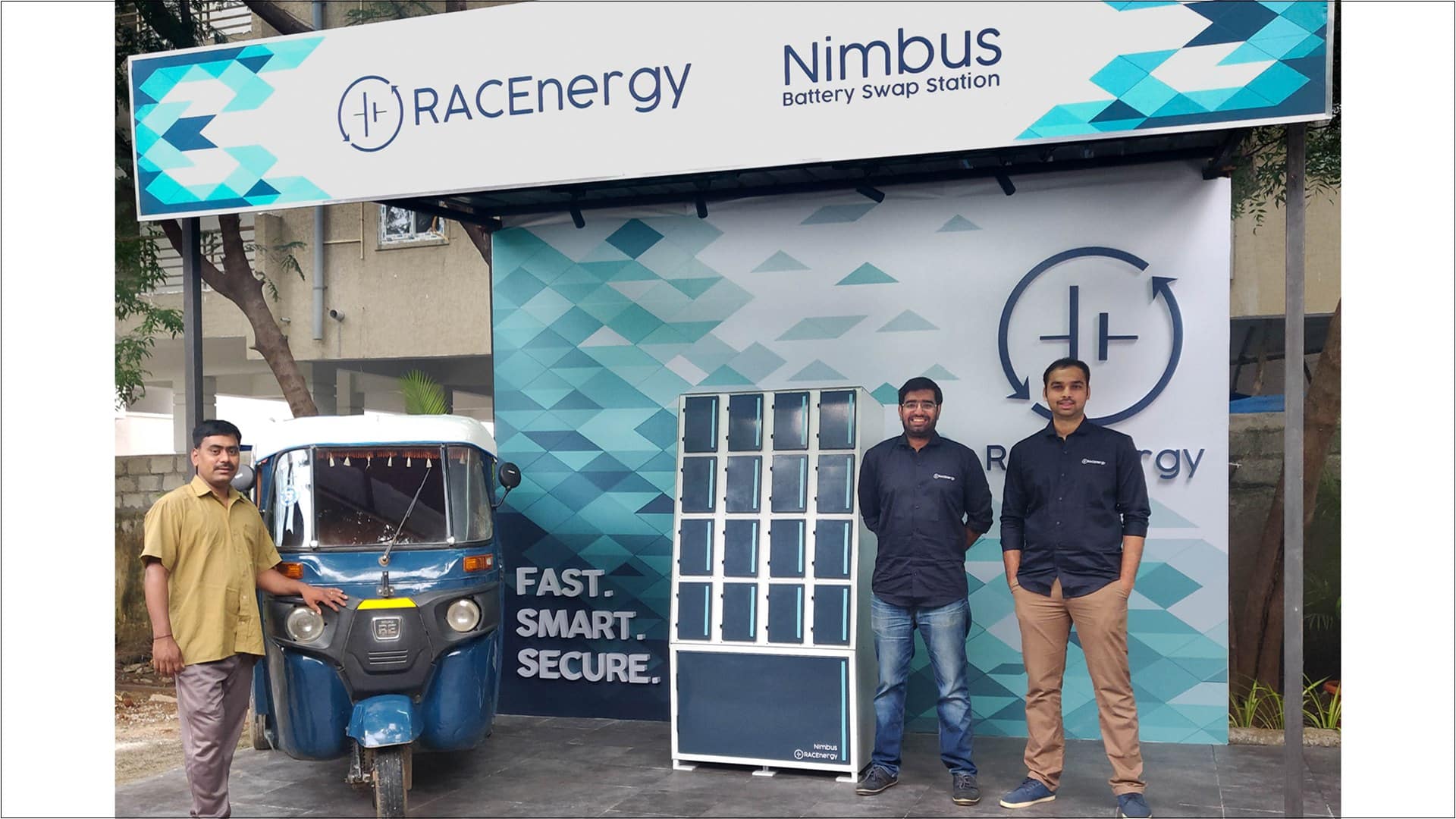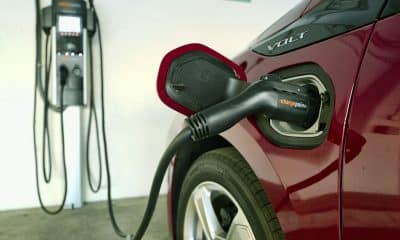Business
RACEnergy mops up $1.3 mn in seed+ round led by Micelio Fund, growX ventures
Hyderabad-based EV infra maker RACEnergy on Thursday announced it has secured USD 1.3 million in a seed+ round led by Micelio Fund and growX ventures. The financing round also saw the participation of investors like Huddle, Prophetic Ventures, BITSian Angels, among others.
The fresh funds will be deployed to enhance R&D, scale the company’s swapping technology and infrastructure, and fulfill the pre-orders received in Hyderabad and surrounding tier-II cities, the company said in a statement.
Speaking about the fundraise, company co-founder Arun Shreyas said: “Over the last three years, we have focused our efforts to develop the most advanced swapping technology, engineered for Indian vehicles and roads. As a tech-first company, the funds will enable us to make more ergonomic and customized batteries, further our connected cloud system, deploy the first-of-its-kind cooling system inside a battery pack, and accelerate our production process. This will help scale our pilot programmes to meet the growing EV demand,” said Arun Sreyas, chief executive and co-founder, RACEnergy.
Founded in 2018 by BITS Pilani graduates Arun Shreyas and Gautham Maheswaran, the Hyderabad-based firm is currently building a battery swapping network for three-wheelers. According to Shreyas, to accelerate the introduction of battery swapping in the 3-wheeler segment, RACEnergy decided to retrofit existing vehicles into electric. It not only reduces 3 tCO2e (tonnes of CO2 equivalent) emissions per vehicle every year, but also reduces the upfront cost needed to bring the driver community on to an electric platform. The driving patterns can remain the same as swapping takes the same amount of time as refueling their vehicle while also providing better performance compared to most powerful ICE auto-rickshaws, he added.
Also Read: ixigo acquires Hyderabad-based bus ticketing platform AbhiBus
Battery swapping technology means drivers don’t need to wait for hours to charge their batteries but instead, they simply swap the discharged batteries with fully charged ones. Additionally, they don’t need to buy the batteries upfront, which reduces the cost of adoption tremendously.






































